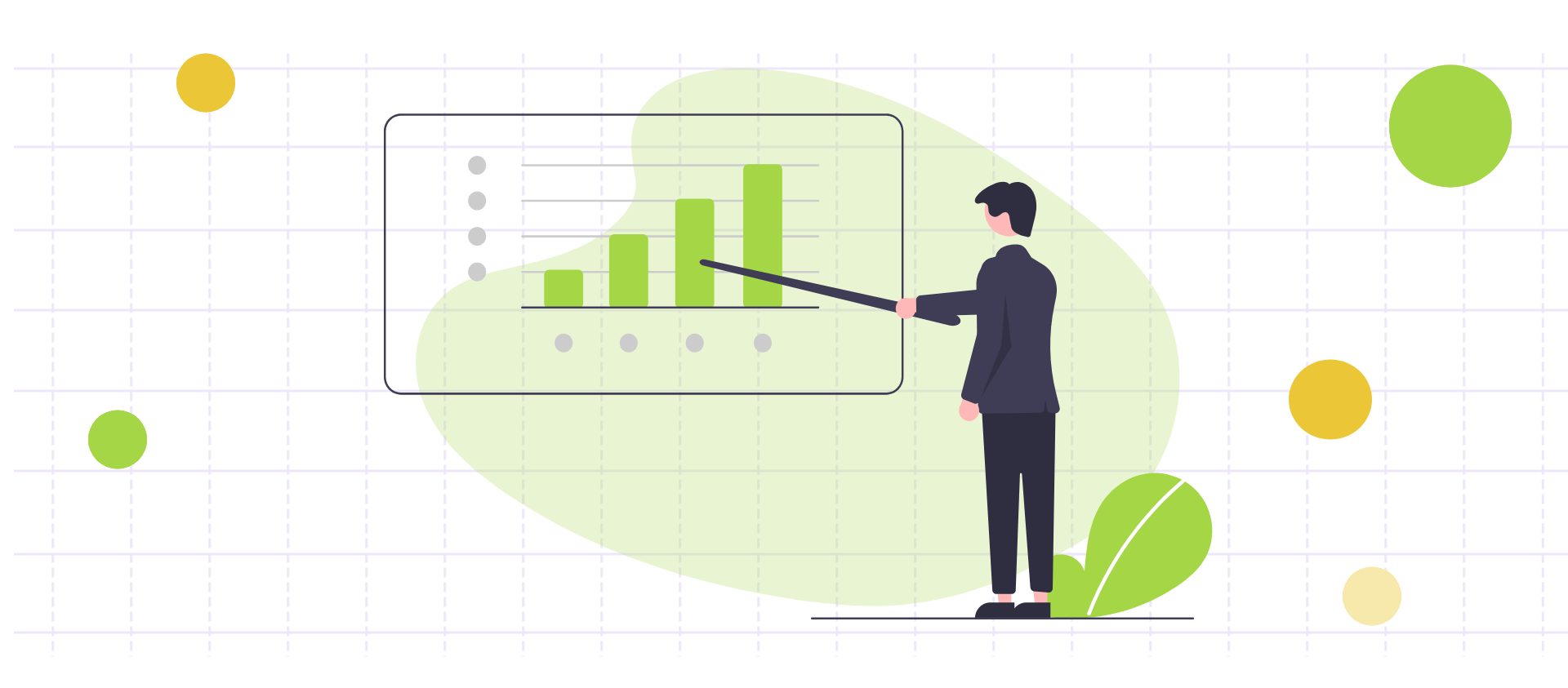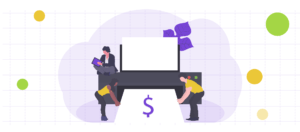Donor Management – A Brief Introduction
When you encounter the words nonprofit donor management, you may probably think of databases filled with donor information, notes of appreciation to donors, and endless work. Or you may even be thinking about building relationships and growth. Either way, some puzzle pieces are already in place for you.
Donor management is a critical aspect of non-profit management that incorporates developing and maintaining good relationships with your donors and tracking donor details and interactions. Even though it may sound simple, the art of donor management requires paying close attention to your donors’ activity, habits, etc. A non-profit should be prepared to manage a large base of donors consisting of different types of donors — recurring donors, one-time donors, major donors, or in-kind donors.
Donor management software or DMS may be classified into church donation software and nonprofit donor management software. These two categories of software overlap, and they have quite a few common features as they cater to similar demographics in some ways.
Donor tracking and management can be perplexing, just like any other aspect of non-profit donor management. You will be burning your fingers to be successful at donor management.
However, when done right, it can take your non-profit to the next level, morphing from just an additive in the community into an asset.
Good Donor Management and Perks of DMS Tools
Acknowledging donors for their contributions and remembering important occurrences in your donors’ lives, such as their birthdays or the date of their first contribution, is essential for a long-term relationship with donors. Good communication skills are an intrinsic part of donor management. It is helpful if the DMS tool used in church donation software has the option of ‘gifting in-kind’ as not all donors may be willing to donate monetarily.
These tasks should be accomplished in a way that isn’t tedious. Thus, effective donor management software should be on the top of your list of priorities.
Choosing a fantastic DMS tool will assist you in maintaining strong relationships and ensure that you maximize those relationships. For this, you will need to steward your donors in the best way possible.
There are plentiful ways in which one can approach donor management. Explained below are the expected benefits that come with good donor management.
Imagine yourself at a fundraising event where there are dozens of people present. In this situation, you would aim to speak to as many of them as possible. Since that is not apparent, you can narrow down those likely to donate to your cause by soliciting their contact details for your database.
This scenario may not happen for everyone. However, one of the benefits of non-profit donor management software is that it lets you quickly access your donor database.
Networking is crucial to your non-profit’s aims. It will help increase visibility for your work, thus attracting new donors, volunteers and also help connect your non-profit with the resources it needs to get started.
To understand your donors better, you need to categorize them based on their age, race, location, areas of interest, etc. When you run a non-profit, you should be able to classify your donors based on their donation frequency, amount donated, and location.
Donor engagement is integral to donor management. If you have had active donors who inexplicably reduce their donation, then the problem may be a lack of adequate engagement with them.
Focusing attention on your special donors engaging with them better will help provide valuable information to your team as all information gets stored within donor profiles.
Non-profit marketing is when marketing strategies exist to amplify the organization’s mission, solicit donations, and attain supporters. Marketing is an essential activity for all organizations that wish to gain publicity.
Many organizations don’t have a tried and tested strategy and instead use a one-size-fits-all approach. This is where it will be helpful if you invest the amount of time required to build a strong marketing strategy.
Conclusion
When the routine processes of a non-profit get streamlined, a lot of your time will get free. Spending a lot of time keeping track of donor data through spreadsheets, paper files, etc., is cumbersome and reduces productivity.
Automating these processes and storing the data in one place where you wouldn’t have to go through mounds of data for the relevant information or other random documents increases your efficiency.
Further, having an excellent nonprofit donor management database will assist you in measuring the level of engagement with a donor by immediately extracting data from their donor profile. It will show a detailed timeline of how long they have been donating, information about their events, and more.
Segmenting your donors in various categories will help you communicate with donors more effectively by avoiding generic messaging that is not targeted to them specifically.
Philanthropic organizations cannot afford to rely on outdated tools for managing their donors and contributions. Organizations must educate themselves about the various available resources that can help create a more effective system to organize their information.





